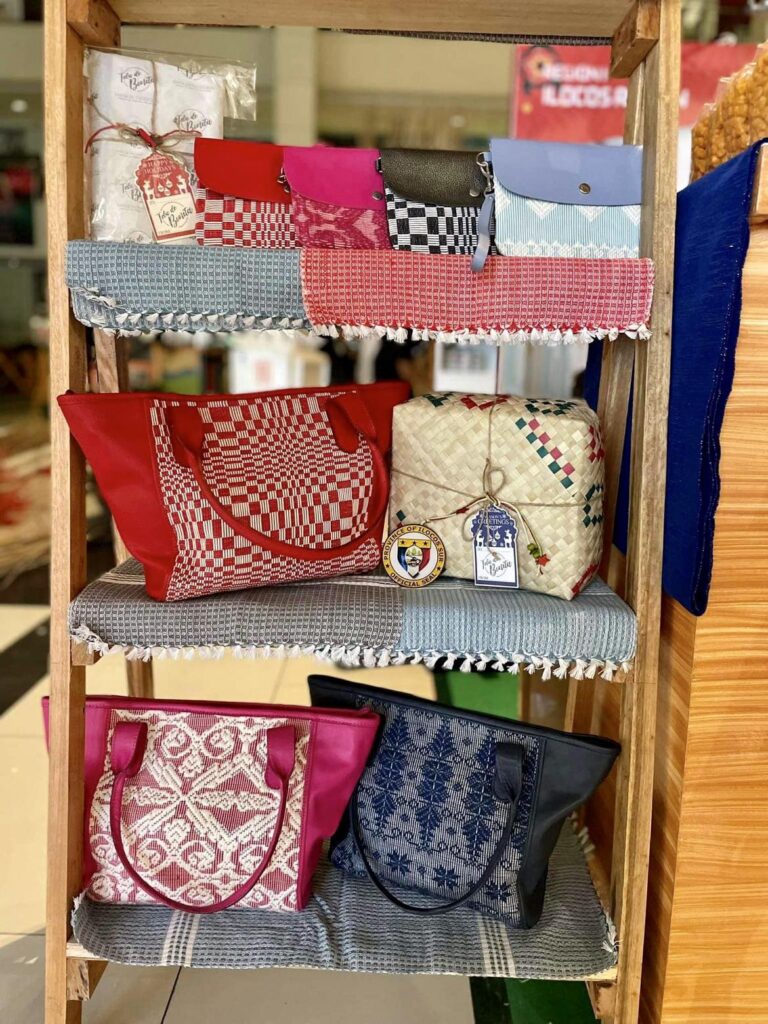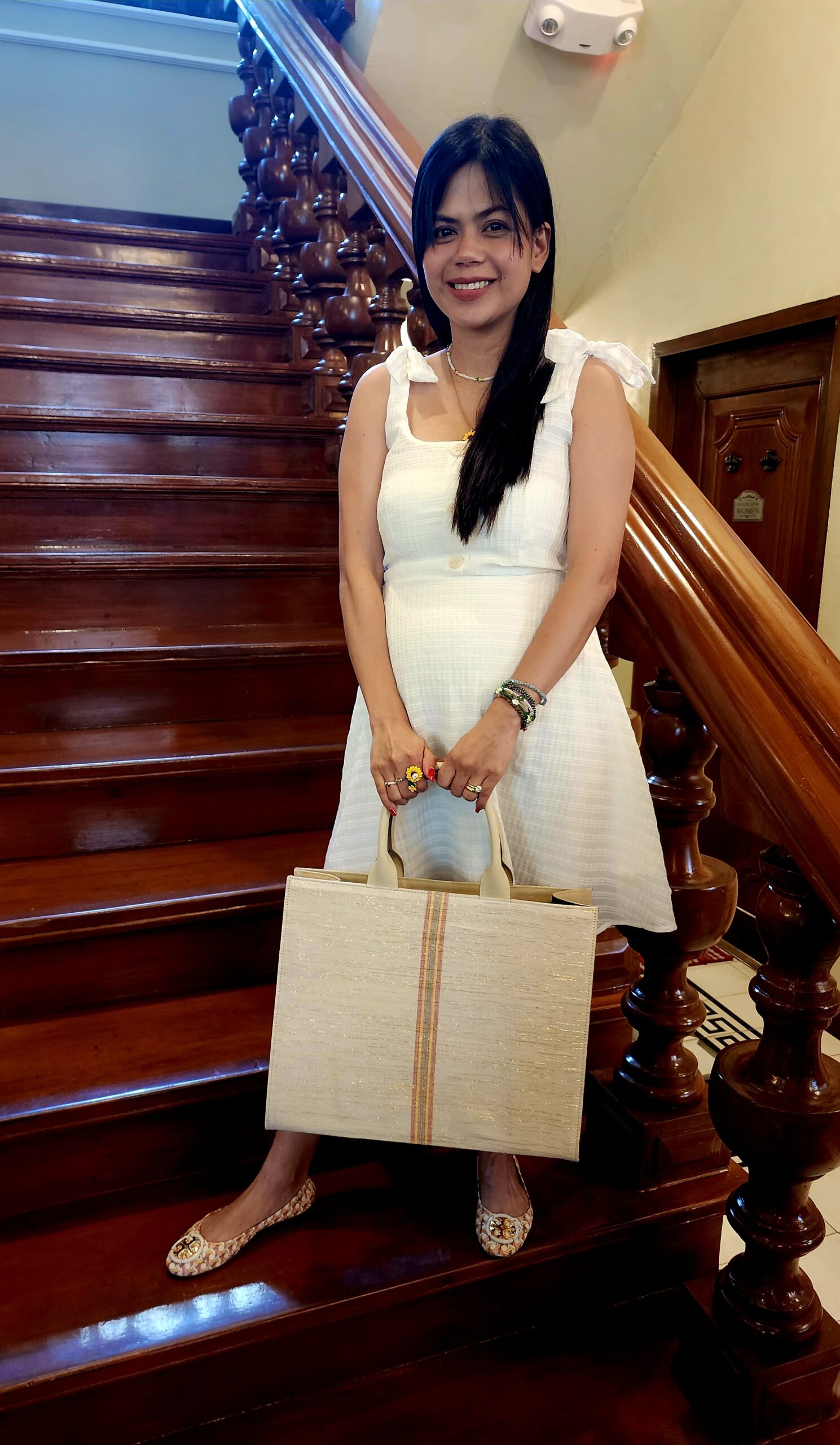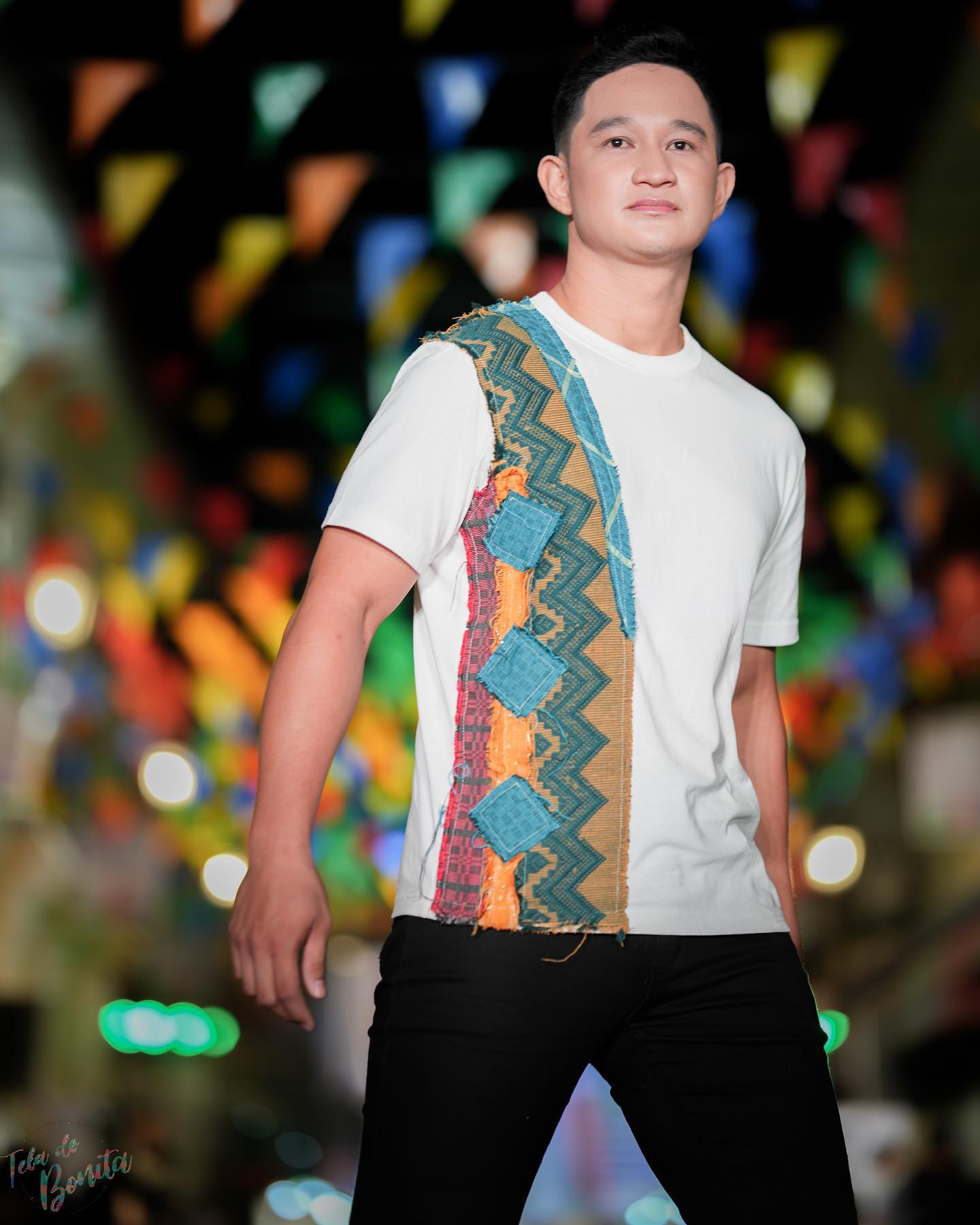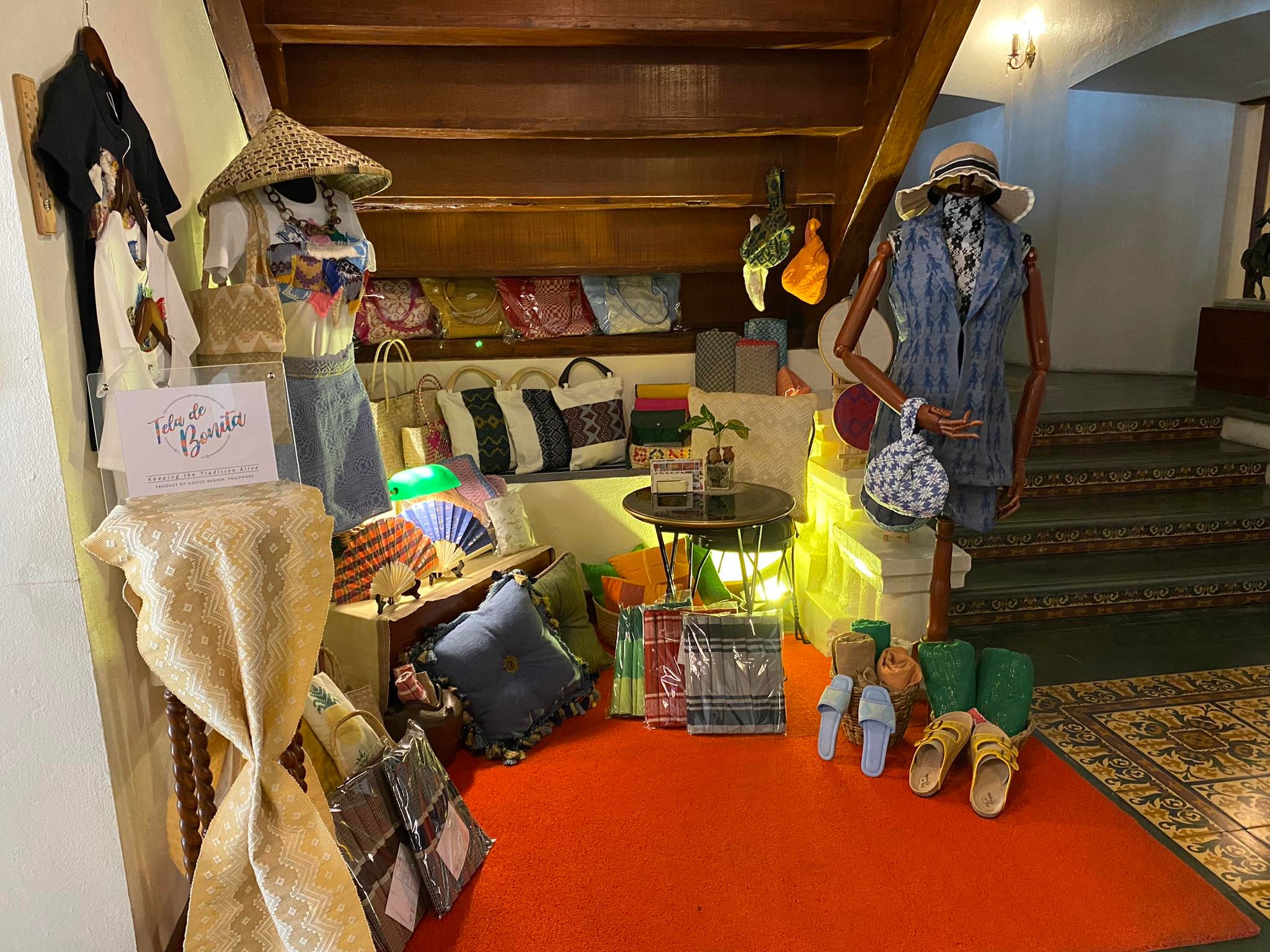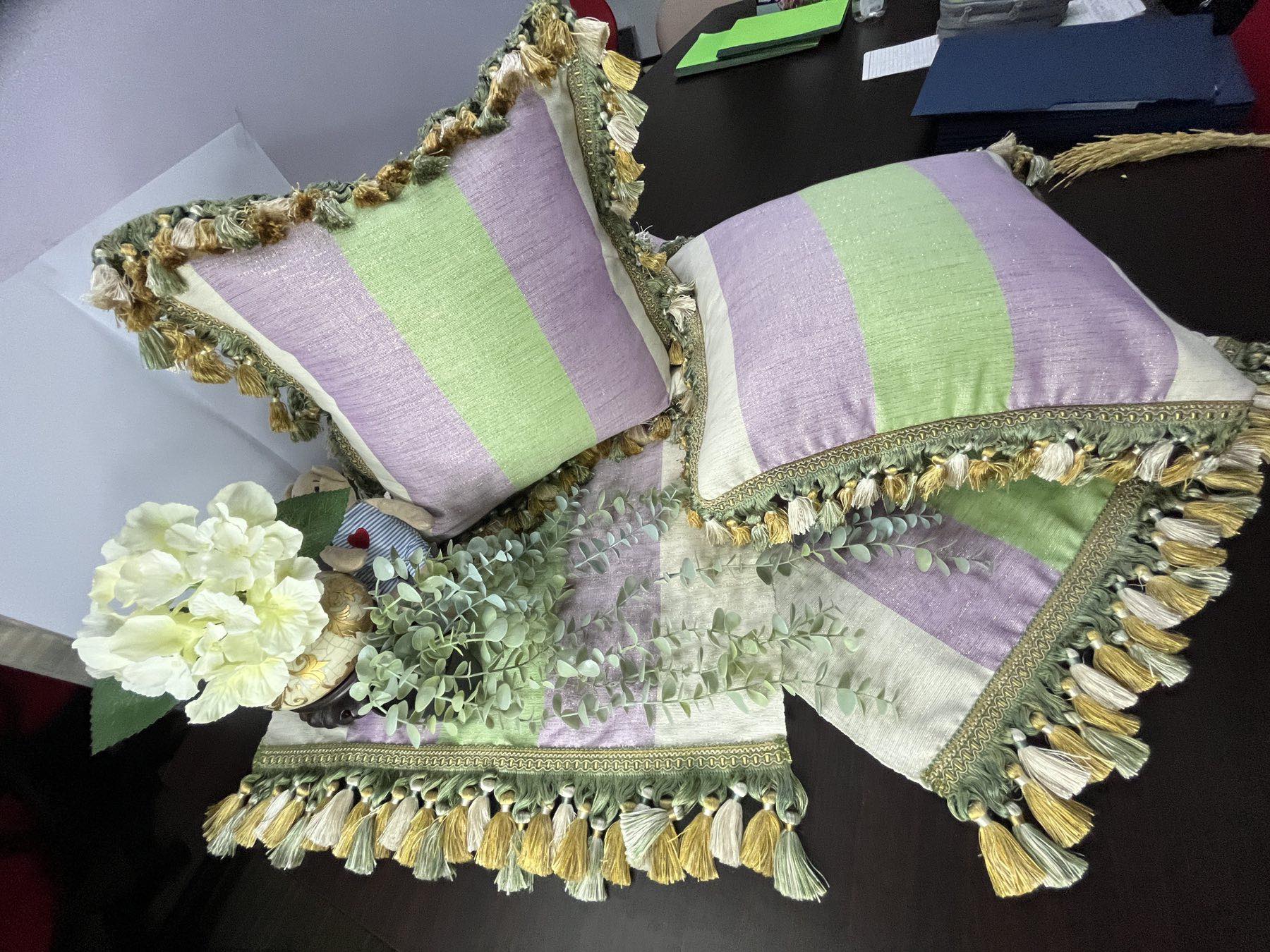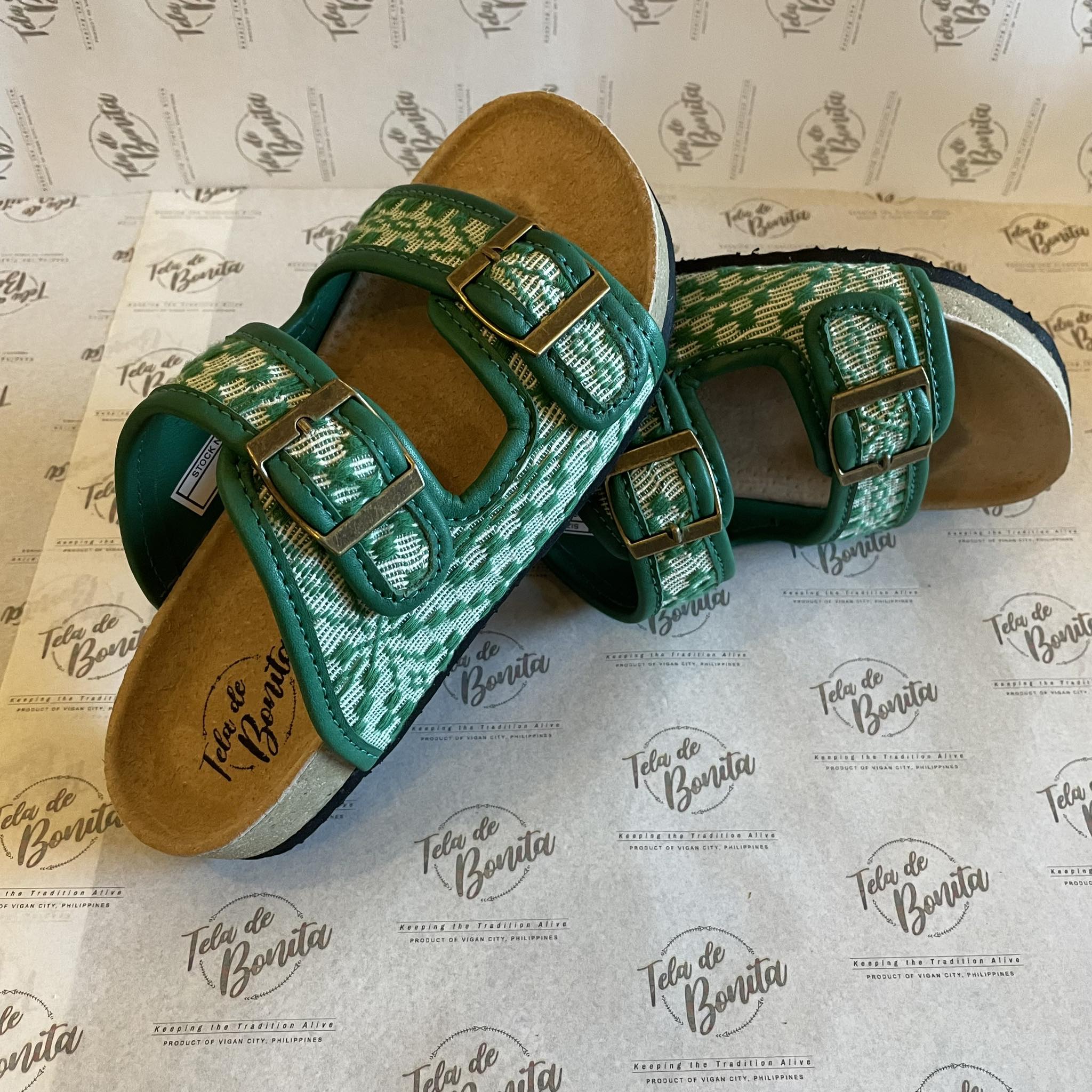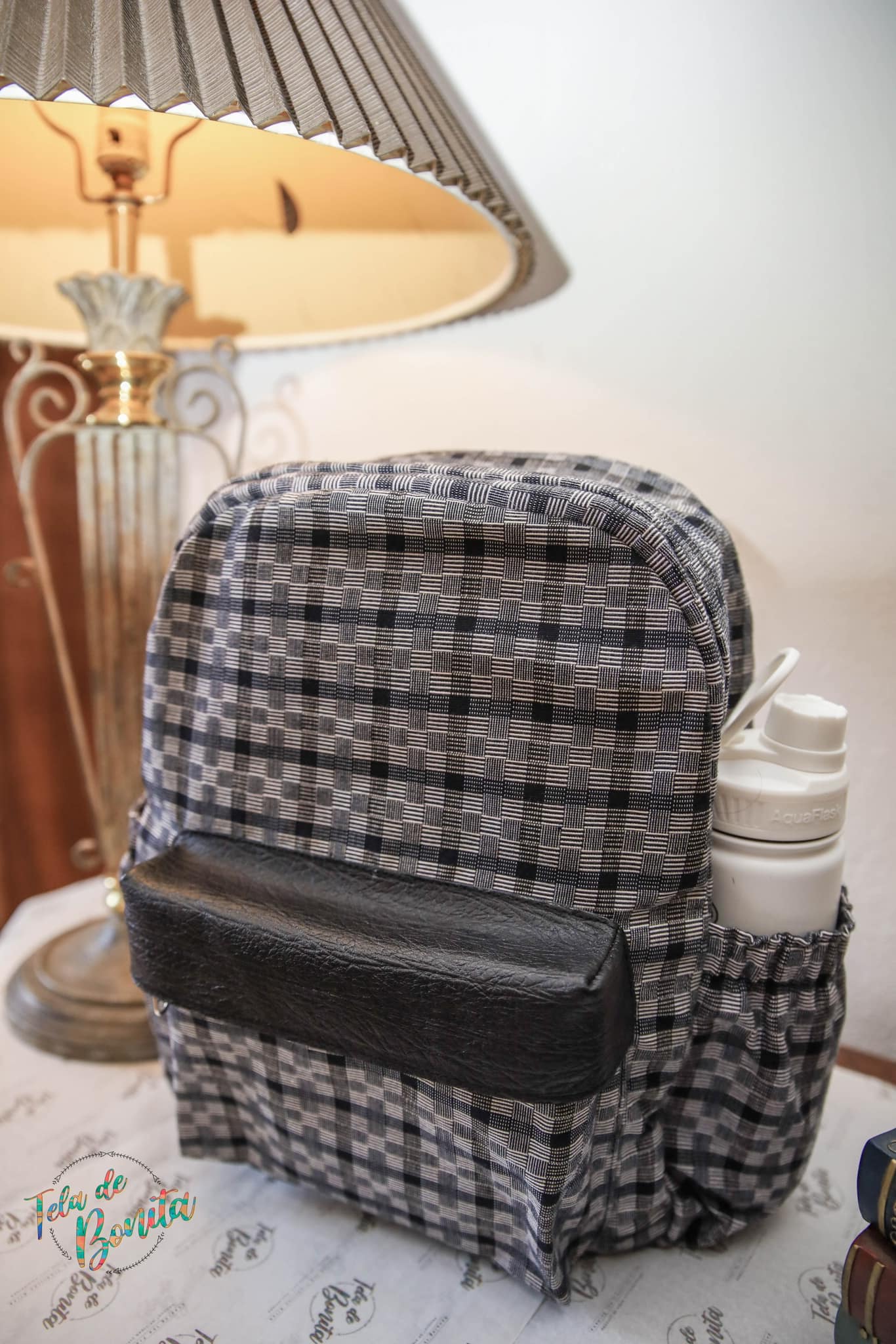The Philippines has a number of textile weaving cultures that live on, passed down from generations to generations in different regions. The Ilocanos of northern Luzon take pride in producing handwoven textiles in different weaving techniques and with several designs, collectively called inabel, an Ilocano word that generally means “something woven.” The beautiful and resilient textiles, woven out of cotton material, have been used to make attire and household items such as blankets. However, production of these textiles has dwindled over time as there are fewer and fewer weavers. Some point out that not much innovation has been put into its design to meet modern needs.
This led young Ilocana woman entrepreneur Mia Aguila to launch her line of products that incorporate traditional textiles and modern designs into beautiful and functional fashion and home items.
“The business was born from my frustration in finding inabel items in Manila that were not affordable to budget-conscious buyers. I want to make this heirloom craft accessible to more Filipinos so that they can proudly own a piece of Ilocos Sur’s history and heritage,” she said.
Aguila, who is a mother herself, said this is also her way of supporting the weavers of the Ilocano communities, as it offers them a source of income to help support their families.
“They are mothers who can earn from home, when they are not busy looking after their families. We want to support the local economy with more opportunities for our women to be more empowered in financial decision making in their households,” she related.
She plans to put all stages of production — from design and weaving to sewing — in Ilocos Sur.
Tela de Bonita introduces design innovations that offer practicality and functionality to fit into modern lifestyles. Among their products are slippers and bags that incorporate inabel, along with household items such as pillowcases, placemats and table runners.
“One of our innovations is that we produce inabel sets, so that the pillowcases and table accents match, for example. This adds a luxurious and harmonious look to the living space,” Aguila explained.
They have also added more detail to the designs such as adding tassels on throw pillow cases.
Traditional textile patterns and designs usually depend on the town of their origins, and Aguila highlights the artisan’s designs with the use of color, ranging from the heritage color combinations that have been used since the Spanish era, to happy tropical hues, and even classy and timeless neutrals.
Aside from promoting heritage and history, Aguila also keeps sustainability in mind. Her line of T-shirts incorporates retasos or scraps of cloth left behind after being used. These give the shirts a fun and colorful patchwork effect.
“I grew up with many inabel items at home, and I want to bring this tradition to the next generation. Through Tela de Bonita, I want to develop the skills of more women weavers and local designers, and I also want today’s youth to appreciate the art of inabel,” she said.
Tela de Bonita was formally launched in a fashion show held last 1 May at Vigan City’s famous Calle Crisologo, part of the celebration of the Binatbatan Vigan Festival of the Arts. There are already plans for market expansion here and overseas.
Products are available at the lobby of Hotel Felicidad in Vigan City and online through the official Tela De Bonita Facebook and Instagram pages. One can email address [email protected].
